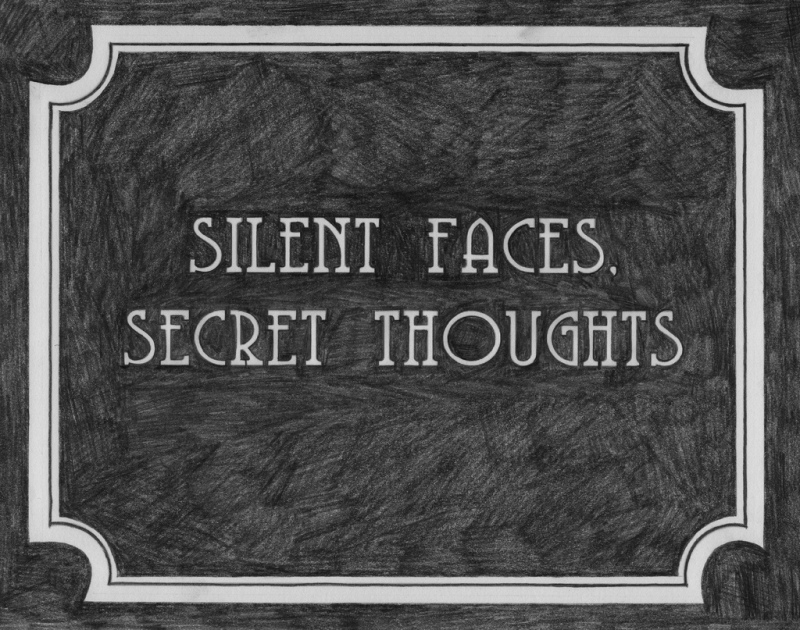Previously, in Romans: We just wrapped up a comparison between the old story of human sin and death and the new human story Jesus inaugurated – a story of rightness and grace.
Romans 6:1-11
6 What then are we to say? Should we continue in sin in order that grace may abound? 2 By no means! How can we who died to sin go on living in it? 3 Do you not know that all of us who have been baptized into Christ Jesus were baptized into his death? 4 Therefore we have been buried with him by baptism into death, so that, just as Christ was raised from the dead by the glory of the Father, so we too might walk in newness of life.
5 For if we have been united with him in a death like his, we will certainly be united with him in a resurrection like his. 6 We know that our old self was crucified with him so that the body of sin might be destroyed, and we might no longer be enslaved to sin. 7 For whoever has died is freed from sin. 8 But if we have died with Christ, we believe that we will also live with him. 9 We know that Christ, being raised from the dead, will never die again; death no longer has dominion over him. 10 The death he died, he died to sin, once for all; but the life he lives, he lives to God. 11 So you also must consider yourselves dead to sin and alive to God in Christ Jesus.

Points of Interest:
- ‘Should we continue in sin…?’ – More rhetorical questions from Paul – he really likes these. It’s not clear that any of the Romans would really have thought that they should be the worst people possible, just to cooperate with Jesus in his new spread of grace. But Paul wants to move the discussion to what life looks like when we’re accepted by God. What does it look like for grace to abound (6:1) or, as we read yesterday, for grace to have dominion (5:21)? Let’s see.
- ‘who have been baptized into Christ Jesus’ – Paul appeals to a common experience of his readers, being baptized. By explaining what baptism means, he can explain the reality that it represents.
- ‘united with him’ – In a word, it’s connection to Jesus. This isn’t a loose-tie distant Facebook friend or Linkedin professional connection, though. It’s mystical union. Marriage might be the best metaphor for this close of a tie, and it’s one that Paul uses elsewhere for it.
- ‘our old self was crucified with him’ – One side of this union is dying with Jesus. Crucifixion wasn’t an abstract concept for Romans. It was a brutal and familiar form of state execution. Paul says baptism, union with Jesus, means death – death to an old self that is dominated by sin.But Paul doesn’t just say dominated, he says enslaved. Again, slavery is not a metaphor for the Romans. In the region around Rome, scholars estimate that 1/3 to 2/3 of people were current or former slaves. Paul says that parts of the “old self”, without Jesus, were enslaved to sin. Baptism represents the freedom of walking away from that, as it is envisioned as dying with Jesus.
- ‘we will also live with him’ – The flip side of the death – Jesus and ours – is resurrection. The risen Jesus is done dying for good, literally dying as in heart stopped, no brain waves, etc., and metaphorically dying through sin – anything that is off, and so reduces this new, fully-alive humanity. Paul says that people tied to Jesus get to begin exploring and experiencing this immune-from-death new life.
- ‘consider yourselves dead to sin and alive to God’ – Here’s a practical way we’re told to start, through a new perception of our identity. In Chapter 4, we heard that God does some considering when he looks at us. Paul says that for Abraham, and for us, God reckons (or considers) faith to be righteousness. Trusting God, not law compliance, is the key to relating best to God. We are now told to do some considering when we think about ourselves. Whatever the actual evidence, consider that our connection and allegiance to sin is done with. And consider that through connection to Jesus, we are every bit as alive as Jesus as well.
- I remember an old commercial, in which Gatorade told us all to, “Be Like Mike,” as if drinking Gatorade could make us just like the greatest basketball player we had ever seen. Here Paul says with Jesus, it works. We can be like Jesus, without buying anything. In baptism, we die with Jesus, and we live with Jesus. We begin an existence where slavery and compulsion to sin and death end, and union with the life of Jesus begins.
Taking It Home:
For you – Becoming more like Jesus is not a way to more accepted by God. Paul says that has been settled. Living with Jesus is a gift we get because we are accepted by God. Is there any renewal you could use today? Ask Jesus to take any barriers to it into this death, and to unite you with his life for you.
For your city/church – Pray that this whole dying and living with Jesus would be more real experience that theory for many in our church, that folks would look at people in our church and think, “That looks like Jesus.” Pray that there would be more leaders in our society that look like Jesus as well.










